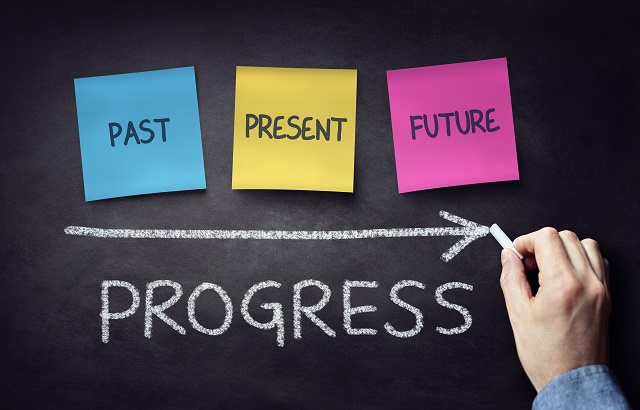My favourite place to dine whenever I’m in London is Rules. Founded in 1798, it’s the capital’s oldest restaurant. The staff are wonderful, the prices are reasonable, and the overall experience is always highly satisfying.
Much the same attributes – great service, value for money and excellent outcomes – define my idea of an investment platform. The big difference is that Rules is deliberately caught in something of a time-warp, writes Steve Andrews, chief executive of Novia Global.
When a scene was filmed there for Downton Abbey, for example, only the till had to be changed in the interests of period correctness. Everything else looked like it was from a bygone age – because it actually is.
By contrast, the world of platforms can’t afford to stand still. The technology that underpins the best offerings in this segment is constantly evolving and improving, as are the financial solutions available as a result.
Some advisers fear the pace of innovation is now so accelerated that it will soon outstrip them. In particular, dramatic advances in artificial intelligence (AI) are increasingly perceived as a growing threat rather than as a potential benefit.
Frankly, I think these fears are way off the mark. The history of platforms has always been defined by a “best of both worlds” approach, and the future should only further cement this ideal. Let me explain.
Combining respective strengths
The recent frenzy of headlines surrounding ChatGPT and other cutting-edge chatbots has prompted many people to explore AI’s past. Most roads lead back to Alan Turing, the mathematician, logician and cryptanalyst arguably most famous for cracking the Enigma Code during World War Two.
Having helped defeat the Nazis, Turing set himself a new challenge: solving the puzzle of whether a machine could think like a human. His work led to “the imitation game”, a test for assessing a machine’s ability to exhibit human-like intelligence.
ChatGPT has passed this test. Displaying unusually convincing language and social skills, it fooled a panel of evaluators into believing they were conversing with a fellow sentient being. But this breakthrough doesn’t signal the end of life as we know it – not least for platforms.
The fact is that platforms have always been about combining the respective strengths of humans and machines. For more than 30 years, ever since the first electronic trading platform emerged, this is how they’ve aimed to demonstrate the qualities I mentioned earlier – great service, value for money and excellent outcomes.
Consider the optimum division of duties right now. Advisers focus on engaging with their clients, because that’s what humans do best, while machines concentrate on the heavy lifting – data analysis, number-crunching and so on – because that’s what they do best.
However rapid the pace of innovation becomes, I don’t see this fundamental balance being upset. The “best of both worlds” philosophy should continue to apply, because the ultimate goal is still to empower advisers and their clients – not to overpower them.
The benefits of positive disruption
A similar dynamic is playing out in other platform-driven sectors. Take Amazon and Uber – both of which, like their investment counterparts, should be regarded not as products but as genuinely holistic services.
Here, too, machines are tasked with carrying out the heavy lifting. But at some point in the process, crucially, humans need to directly interact with the consumer, act as facilitator or exercise meaningful oversight.
This reminds me of one of the sharpest observations I’ve ever head about tech and AI, which is basically this: you can be sure a computer will thrash you at chess, but who’s going to put the pieces back in the box afterwards?
In other words, humans should always be “in the loop”. In our industry, which is rightly built on trust and relationships, this is especially important – and it’s why we should think of what’s happening less as the march of artificial intelligence and more as the rise of augmented intelligence.
Going forward, we can expect a lot more innovation in the platform arena. At Novia Global we recently renewed our deal with our own long-time fintech partner, and we’re extremely excited about what lies ahead. The international platform space is notably ripe for further disruption – and that disruption should be positive for everyone concerned.
As they appreciate at Rules, a business should never lose sight of what it does well. But in the fast-moving sphere of platforms, maybe now more than ever before, the brightest future for all stakeholders is likely to lie not just in recognising what we do well but in understanding what we can do even better.
This article was written for International Adviser by Steve Andrews is chief executive of Novia Global.








